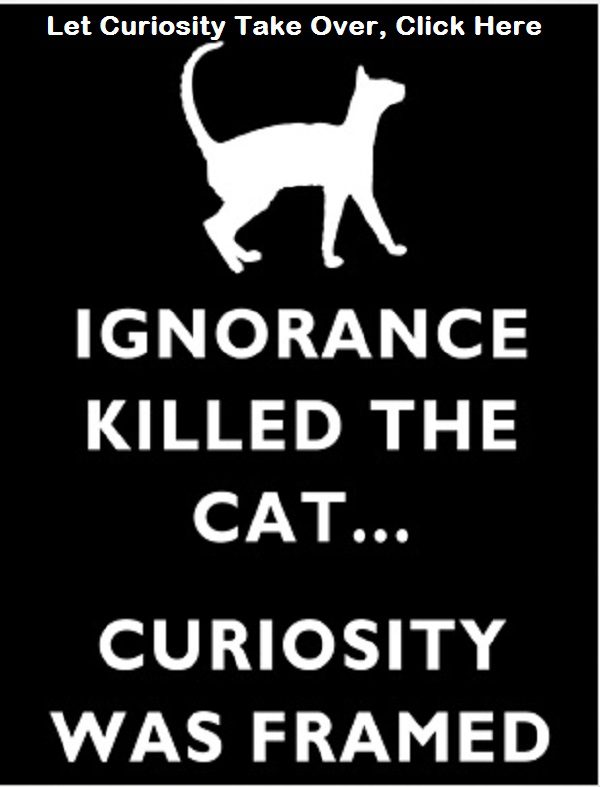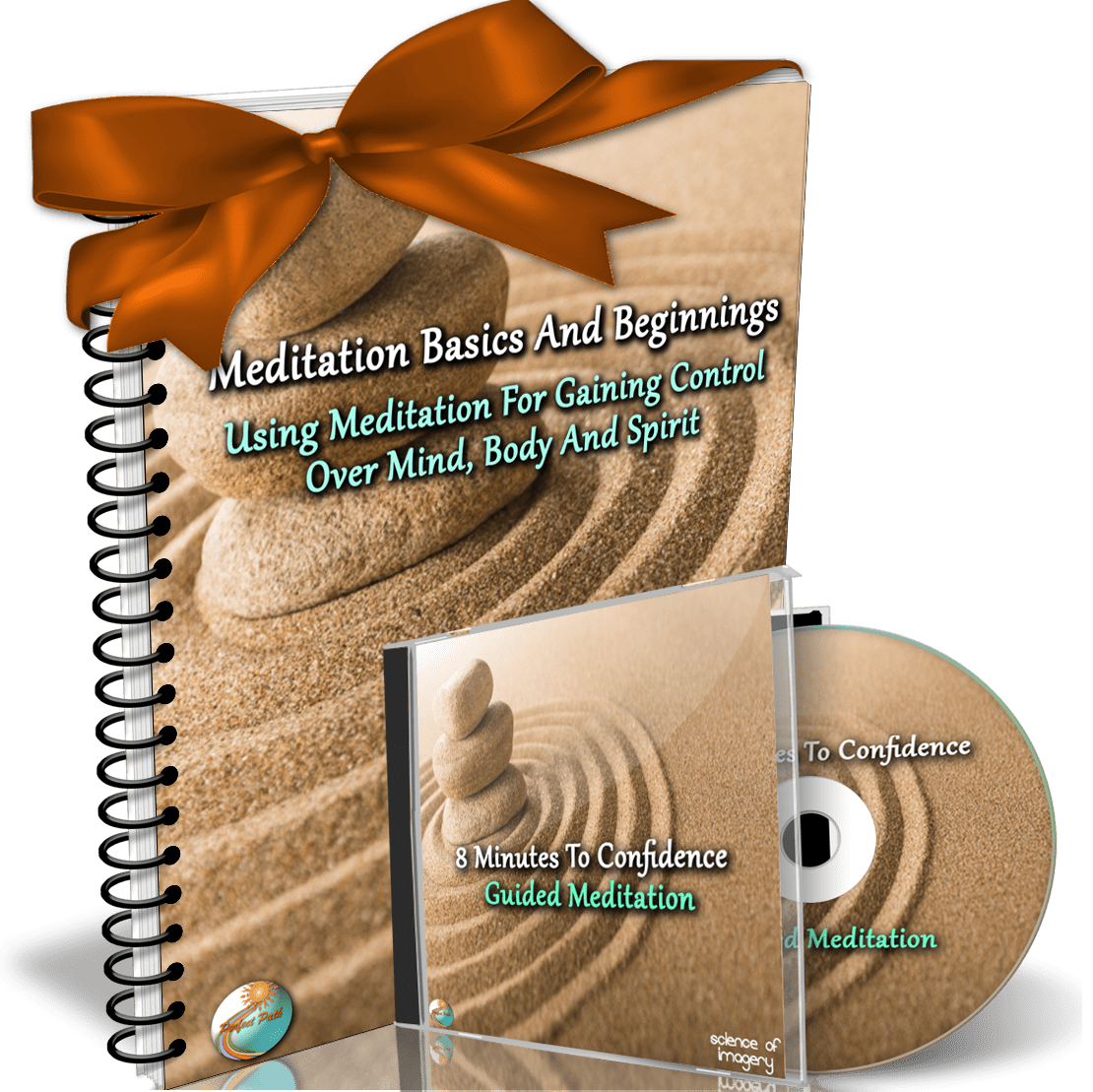You know that old saying, curiosity killed the cat? I’m sure we all remember hearing it countless times as children. The question is, how much truth is there to that saying?
In all honesty, it couldn’t be any further from the truth when it comes to adult life. As children, snooping around in the wrong things could have been harmful for us and this is likely the reason why our parents used to warn us of being over-curious. However, now that we are grown and in the real world, exploring new ideas and learning about new things is highly essential to success.
Check out this article about using curiosity to improve your life from Personal Brilliance.
Curiosity helps you clarify problems, ideas, and situations, and it encourages you to explore how they could be different. Actively exploring the environment, asking questions, investigating possibilities, and possessing a sense of wonder are all part of being curious. Questions are key. Once you open up to the nuances of life, it’s easy to find things that fascinate you and to begin wondering “why?” and “how?”
Questioning takes you to deeper levels of knowing and helps you relate to others. When you develop heightened curiosity, you improve the quality of your life by asking better questions and being receptive to new ideas. The desire to expand your understanding motivates you to go beyond the surface. You learn more because you have a desire to know more. When you approach an idea, person, or situation with a heightened sense of curiosity, your natural tendency is to “quest” for additional information. Even when you can’t immediately apply what you learn, you are training to keep your curiosity muscles “buff.”
Another advantage of being curious is that your brain is designed to reward you for exploring fresh ideas and trying new activities. When you experience novelty, your brain produces more dopamine — an important brain chemical that lifts your mood and increases your sense of wellbeing.
Break Through Curiosity Barriers
What stops us from being curious when “the desire to understand” is clearly an inborn attribute of being human?
The answer to this question is somewhat different for everyone, but there are some common curiosity barriers that many people come up against. These barriers include fear of the unknown, entrenched beliefs, insecurity, apathy, and avoidance. The magic with curiosity is that once you start to break through the barriers, you can quickly return to a state of child-like wonder and questioning.
Although we tend to think of barriers as “bad,” they provide us with important information about who we are and how we function under various challenging conditions. As the proverb goes, “Smooth seas do not make skillful sailors.” Every time we confront a barrier and find a way to remove it or go around it, we improve our problem-solving skills and the underlying curiosity muscles.
Rather than dreading the barriers that are certain to be ahead, try to anticipate them in the way an athlete looks forward to an upcoming race or game.
Heighten Your Curiosity
Albert Einstein, one of the most innovative thinkers in history, said, “The important thing is not to stop questioning. Curiosity has its own reason for existing.”
Your outcomes are greatly determined by the quality of the questions that you ask yourself and others. Heightening your curiosity improves the quality of your life. People who are curious are open to thousands of potentialities and therefore increase their power to find the best solutions, the most lucrative offers, and the most creative ideas. Rather than being entrenched in their current beliefs, they withhold judgment, knowing that the last chapter has yet to be written.
The power that heightening your curiosity can create in your life is truly unlimited. When you put past judgments aside, you come up with some of your most innovative ideas. For example, when Henry Ford made a commitment to develop an “unbreakable” glass for car windshields his highly educated engineers reported that it was “impossible.” Undaunted, Ford directed them to find someone who didn’t know it was impossible. The plant recruited some curious engineers who had not yet accumulated a mass of limitations based on what they “knew” and this group came up with the formula to manufacture shatterproof glass. A commitment to curiosity solved a seemingly impossible problem and has saved scores of lives in the decades since this innovation was introduced.
 Image Credit: linked2leadership
Image Credit: linked2leadership
To see the rest of this article, as well as other helpful personal development information, Personal Brilliance


